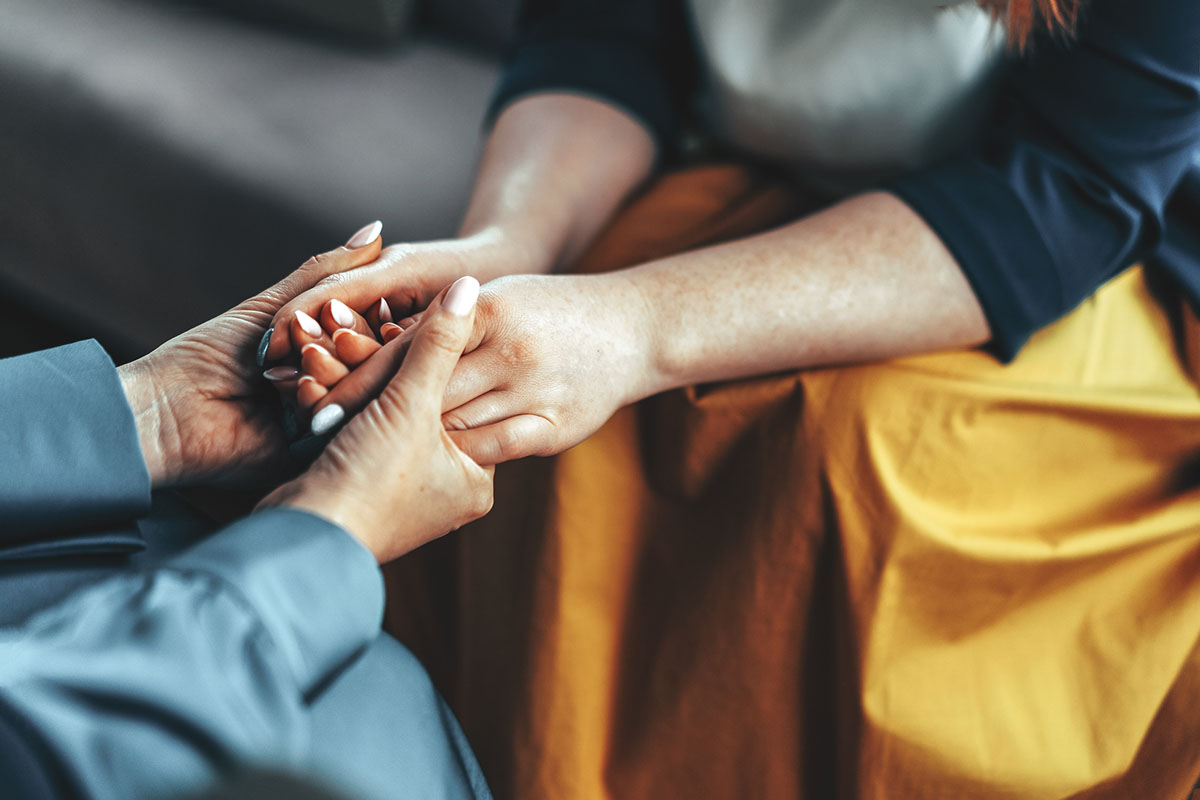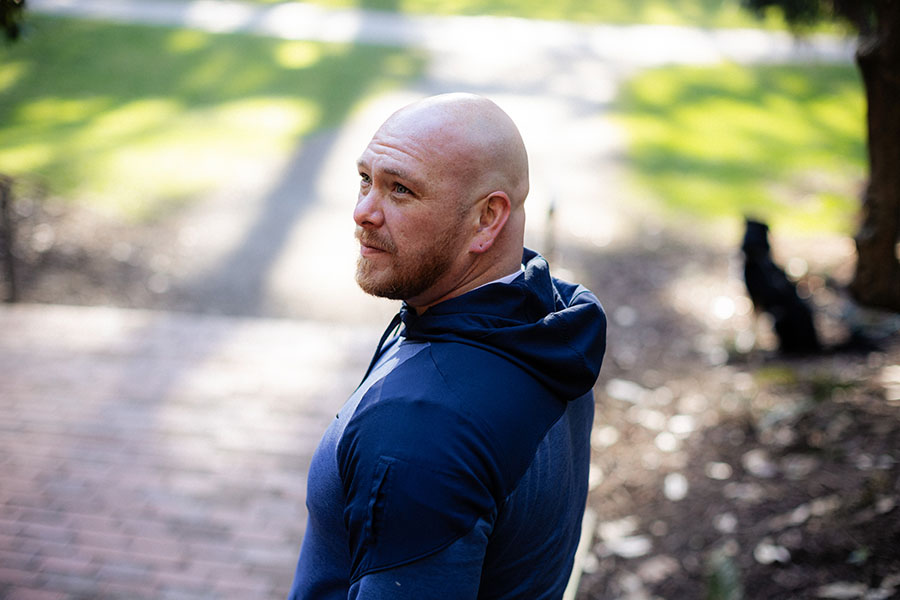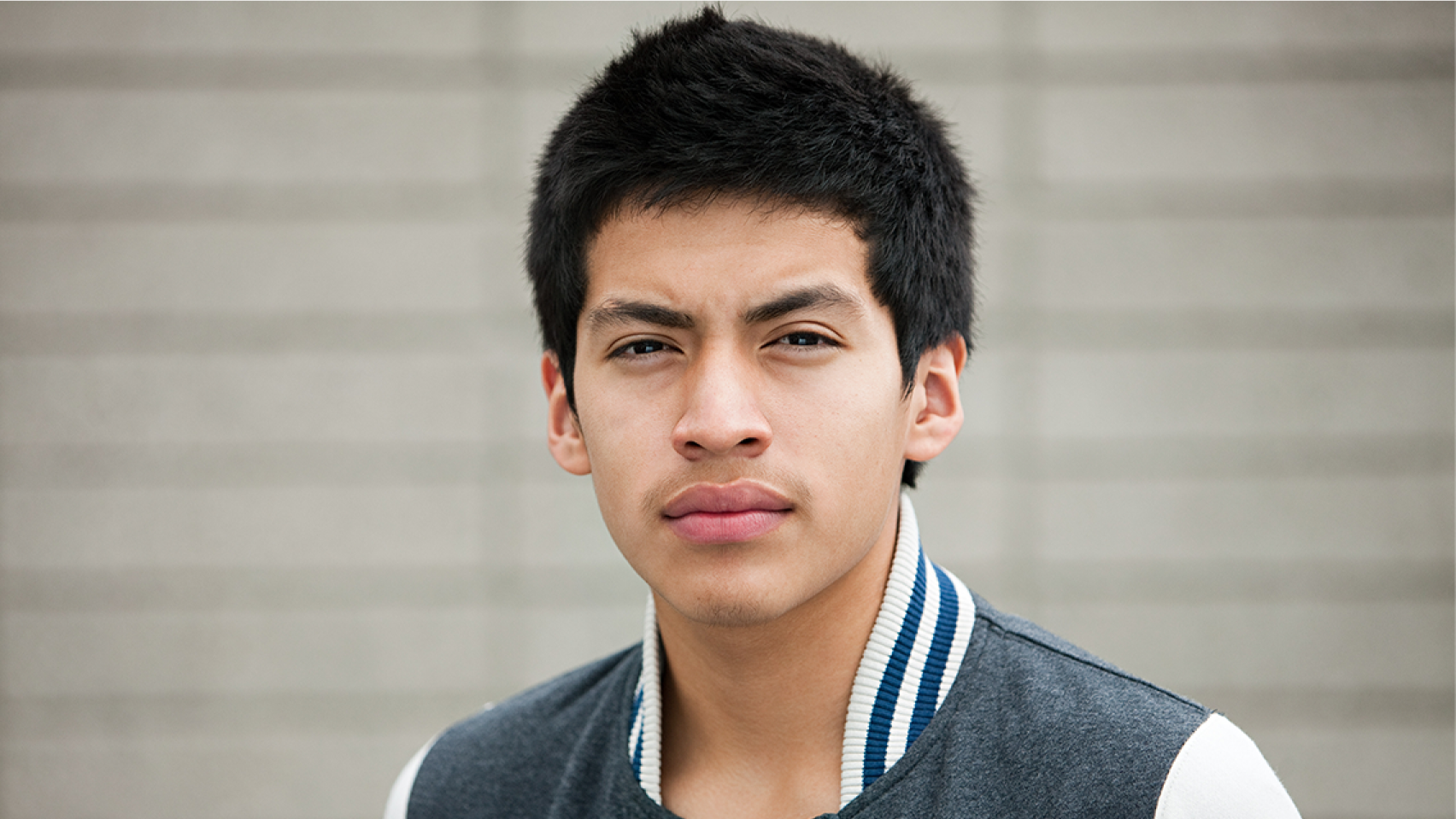Halimo's story: The importance of culturally specific mental health care

Access to mental health care is a growing concern across the United States, but for immigrants and culturally specific communities, the barriers can be even greater. According to the American Psychiatric Association, racial and ethnic minorities are significantly less likely to receive mental health care. Immigrants often face additional challenges such as language barriers, cultural stigmas and a lack of providers who understand their lived experiences.
In Oregon, organizations like the African Youth & Community Organization (AYCO) work to bridge these gaps by offering culturally specific services that address the unique needs of immigrant and refugee youth, families, and community members, particularly those from East African and Muslim backgrounds. AYCO, one of CareOregon’s community-based partner organizations, provides youth mentorship, health education, family support services and culturally responsive mental health resources to help young people and their families navigate life in a new country while maintaining their cultural identity.
We spoke with Halimo Alinur, AYCO’s Health and Education Manager, about the work AYCO does to support mental health within its community, the importance of culturally responsive care and the challenges immigrants face when seeking mental health support.
Can you tell us a little about your role at AYCO and what your work entails?
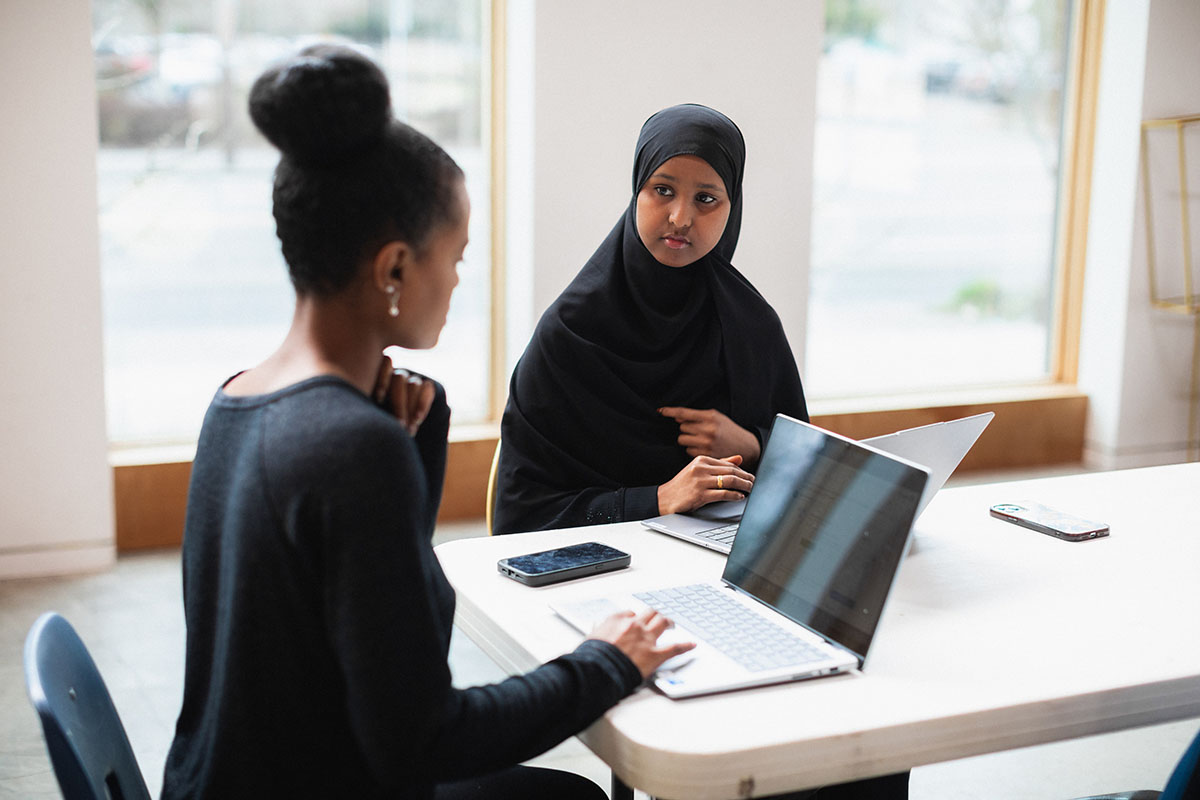
My role as Health and Education Manager involves supporting the community in all areas related to health and wellness. We focus on educating people about topics that are often considered taboo in our community—like mental health, substance use and addiction—while also providing direct services. We facilitate one-on-one sessions, help families navigate the health care system and translate complex information into language that parents and youth can understand.
A major part of our work is bridging the gap between generations. Parents in our community often view mental health struggles as spiritual concerns, believing that their child needs more religious guidance rather than professional support. Meanwhile, youth may not understand their parents’ perspective and can feel unseen. We work to educate both sides so that they can better communicate and support one another.
That must be such a delicate balance, helping both parents and youth understand each other while navigating cultural beliefs. How has your personal experience shaped your work?
I came here with a single mother who worked tirelessly to provide for us. Like many immigrant parents, she focused on making sure we had food, housing and education, but emotional support wasn’t always part of the equation. In many immigrant households, parents believe that providing financially is enough, because back home, the entire community helps raise children. But in the U.S., families often feel isolated, and kids need emotional, as well as material, support.
Growing up, I struggled with anxiety, especially in social settings. When I tried to express it, my mom’s response was always, "Just pray." While faith is important, I also needed someone to validate my feelings and help me navigate them. Now, I use my experience to help others, whether that’s guiding parents to better understand their children or making sure youth feel heard and supported.
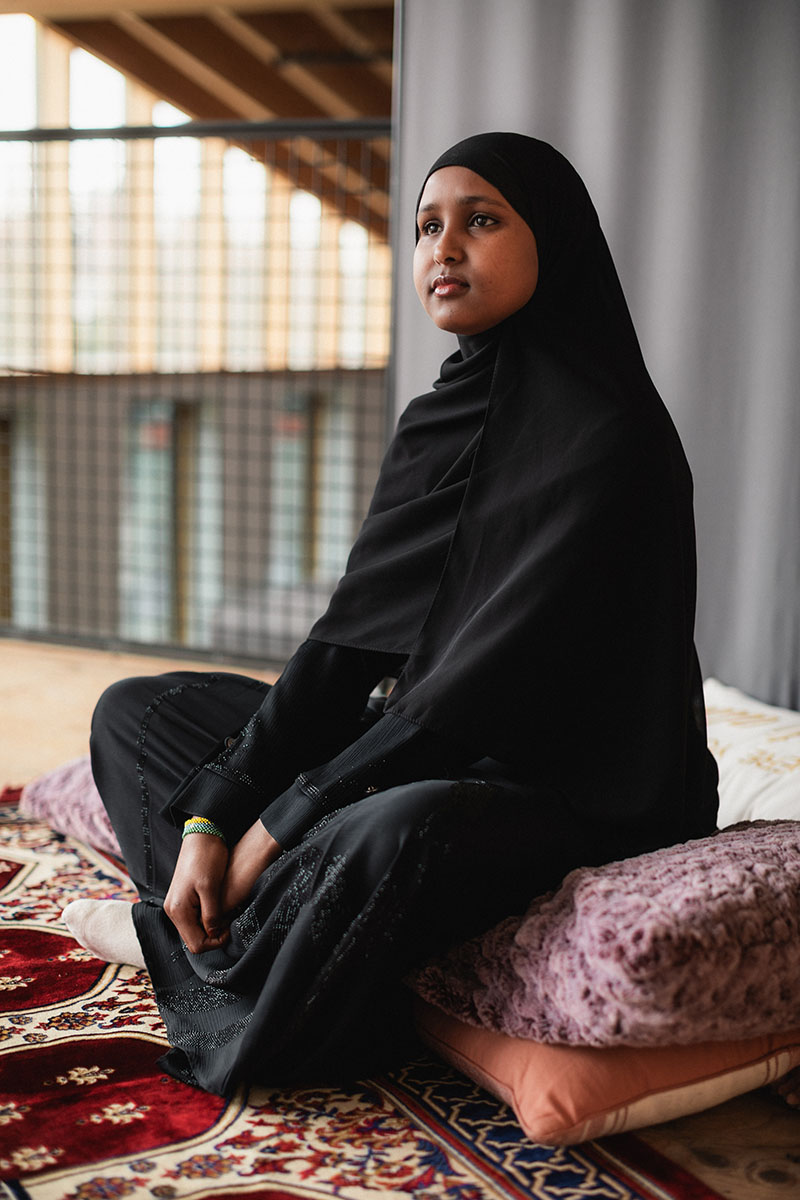
It sounds like emotional support within the family is really needed to support mental health. What are some of the biggest barriers to mental health care you see in communities you serve?
The first challenge is language—not just the ability to communicate, but also the way mental health is framed. Many of our community members don’t have a direct translation for the term "mental health." If you ask someone, “Are you experiencing mental health issues?” they may immediately say no. But if you ask, “Is something bothering you?” or “Are you feeling overwhelmed?” they may be more open to discussing what they’re going through.
Another major barrier is stigma. Many immigrant parents view mental health struggles as a sign of illness or weakness rather than a part of daily life. They don’t always recognize that something like stress, anxiety or trauma can affect their child in significant ways. Because of this, many youths suffer in silence, feeling isolated and unable to talk about their struggles.
Additionally, discrimination and systemic barriers make it harder for immigrants to access care. If someone experiences subtle discrimination when seeking services, they may hesitate to return or pursue help elsewhere. That’s why trust-building is essential, if community members don’t feel safe or understood, they won’t seek support.
That makes so much sense. When people don’t feel heard, they’re much less likely to seek help. How does culturally specific care help bridge that gap?
Culturally specific services meet people where they are and take into account the nuances of their background. For example, in many Muslim communities, women prefer to receive care from women, and men from men. In traditional health care settings, this might not be an option, which can discourage people from seeking help.
Another difference is that culturally specific providers understand the experiences of immigrants firsthand. Many of us have gone through similar struggles—navigating a new country, facing isolation or trying to balance cultural expectations with American life. That shared experience makes a huge difference in establishing trust.
At AYCO, we don’t just offer mental health support, we build a sense of community. Whether it’s through youth mentorship programs, after-school activities or community events, we make sure people have a support network beyond clinical care. That’s something traditional health care systems often overlook.
That community piece feels so important. What impact have you seen from AYCO’s work in shifting community perspectives on mental health?
There’s been real progress. Parents and youth are communicating more openly, and we see more families willing to engage in conversations about mental health. It’s not an overnight change, but over time, we’ve seen parents who once dismissed mental health concerns now actively seeking support for their children.
We’ve also expanded our programs to address substance use and addiction, which were once untouchable topics in our community. Parents who never thought they’d have to deal with these issues are now asking for guidance on how to help their kids. That’s a huge step forward.
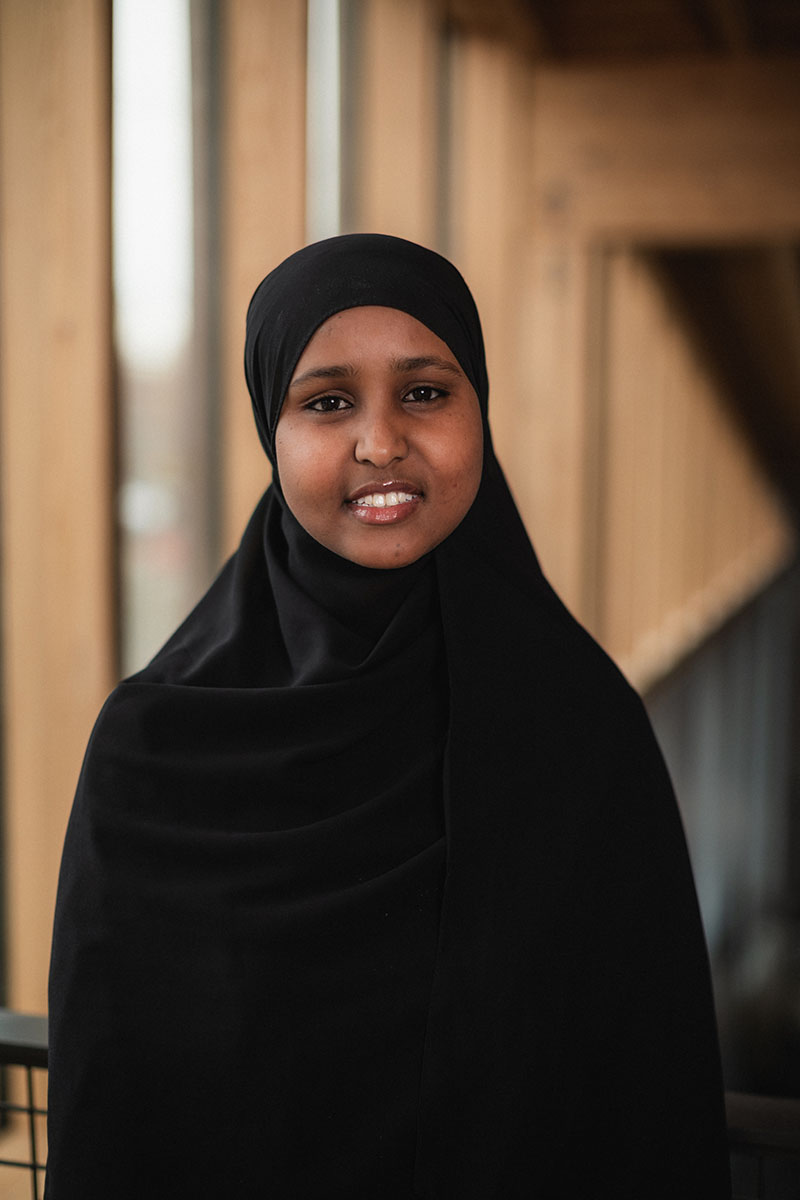
What advice would you give to immigrant youth who are struggling with mental health? It’s great to see families opening up about mental health, but for young people who still feel isolated, what advice would you give them?
Speak up. Even if it feels impossible, find someone you trust to talk to. It takes so much courage to express how you feel, but breaking that silence is the first step.
And for parents?
Be open-minded. Your child isn’t asking for help because they are weak. They’re asking because they trust you enough to let you in. Listen to them, even if you don’t fully understand what they’re going through.
You’ve highlighted barriers like language, stigma and lack of culturally specific care, as well as the power of community and trust in breaking them. If there’s one key message you want people to take away from this, what would it be?
Mental health is not separate from everyday life, it impacts everything we do. When people feel supported and understood, they succeed. That’s what we’re working toward at AYCO: a community where no one feels alone in their struggles.

